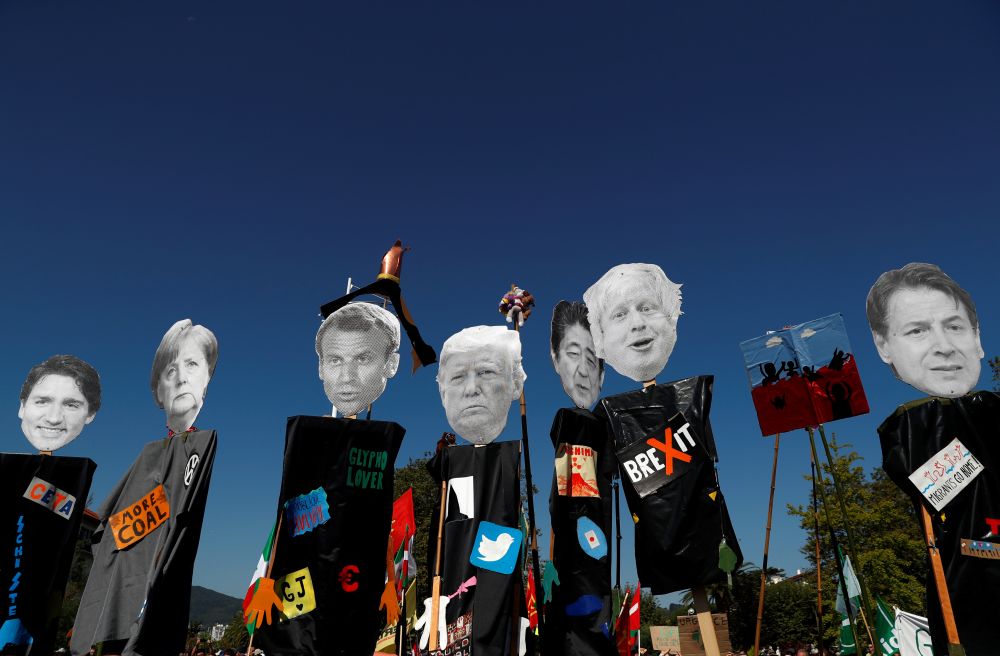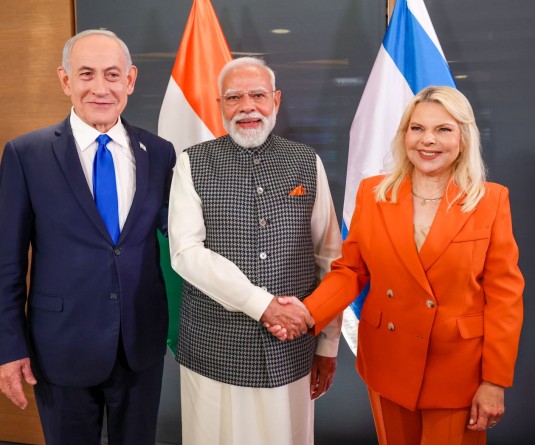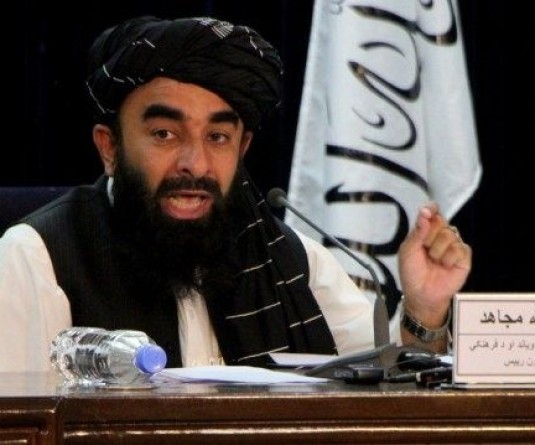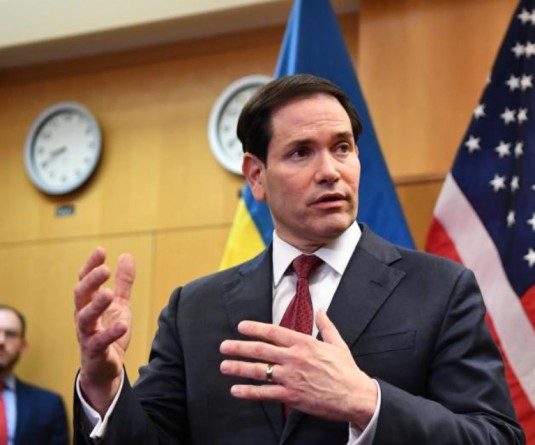Global disputes set to jolt G7 summit in French resort

French policemen stand guard near the Grande Plage beach ahead of the G7 summit in Biarritz, France, August 22, 2019. REUTERS/Sergio Perez
BIARRITZ, France, August 24 (Reuters) - U.S. President Donald Trump arrived in France on Saturday for what promises to be a fraught meeting of major industrialised nations, with friction over trade, climate change and Iran likely to snarl the talks.
The three-day Group of Seven meeting in the Atlantic seaside resort of Biarritz takes place amid sharp differences over a clutch of global issues that risk further dividing a group of countries already struggling to speak with one voice.
Summit host French President Emmanuel Macron wants the heads of Britain, Canada, Germany, Italy, Japan and the United States to focus on the defence of democracy, gender equality, education and the environment and has invited Asian, African and Latin American leaders to join them for a global push on these issues.
However, in a bleak assessment of relations between once-united Western allies, European Council President Donald Tusk acknowledged it would be hard to find common ground, denouncing "senseless disputes" between G7 capitals.
"This is another G7 summit which will be a difficult test of unity and solidarity of the free world and its leaders," he told reporters ahead of the Biarritz gathering.
"It is increasingly difficult, for all of us, to find common language and the world needs more of our cooperation, not less," he said, adding: "This may be the last moment to restore our political community."
A grim array of disputes and problems await the leaders, with a trade war between China and the United States deteriorating, European governments struggling to defuse tensions between Washington and Tehran, and global condemnation growing over illegal fires which are ravaging the Amazon.
Trump's history of pugnacity at multilateral gatherings, which brought last year's G7 summit to an acrimonious end, means there is scant hope for substantive agreements.
Macron was exploring holding a joint news conference with Trump at the summit's close, a French diplomatic source said, but has already decided that, to avoid another failure, there will be no final communique.
Trump's fireworks at the Charlevoix summit in Canada last year prompted foreign policy analysts to dub the Group of Seven nations the G6+1.
U.S. officials said Trump would tout his policies of tax cuts and deregulation and press allies to follow his example to stave off problems with the global economy.
Hours before leaving for Biarritz, Trump reacted angrily to China's move to impose retaliatory tariffs on more U.S. goods, even saying he was ordering U.S. companies to look at ways to close their operations in China.
Trump also took aim at France's new tax on big tech companies, threatening to tax French wine "like they've never seen before". Tusk warned that the European Union would respond in kind if Washington took aim at the digital tax.
China's President Xi Jinping is not among the Asian leaders invited to the Biarritz summit.
JOHNSON'S WORLD DEBUT
Adding to the unpredictable dynamic between the G7 leaders are the new realities facing Brexit-bound Britain: dwindling influence in Europe and growing dependency on the United States.
New Prime Minister Boris Johnson will want to strike a balance between not alienating Britain's European allies and not irritating Trump and possibly jeopardising future trade ties. Johnson and Trump will hold bilateral talks on Sunday morning.
Even so, diplomats played down the likelihood of Trump and Johnson joining hands against the rest, citing Britain's close foreign policy alignment with Europe on issues from Iran and trade to climate change.
"There won't be a G5+2," one senior G7 diplomat said.
Johnson said ahead of the summit that Britain would not retreat from its responsibilities on the world stage after Brexit, nor sacrifice its belief in the global order.
The remarks were a riposte to those who say leaving the European Union will diminish Britain's influence on the global stage and force a pivot towards Trump's unorthodox and often confrontational approach to diplomacy.
Anti-G7 demonstrators kicked off a colourful protest in Hendaye on the nearby French-Spanish border but were kept away from Biarritz by more than 13,000 police officers, backed by soldiers.
"The top capitalist leaders are here and we have to show them that the fight continues," said Alain Missana, 48, an electrician wearing a yellow vest -- symbol of anti-government demonstrations that have rattled France for months.
"It's more money for the rich and nothing for the poor. We see the Amazonian forests burning and the arctic melting."
EU leaders on Friday piled pressure on Brazilian President Jair Bolsonaro over fires raging in the Amazon rainforest.
Macron said Bolsonaro had lied in playing down concerns about climate change at a G20 summit in Japan in June, and threatened to veto a trade pact between the European Union and the Mercosur bloc of South American countries.
A French diplomatic source said advisers to the G7 leaders were working on concrete initiatives to respond to the fires.
"Our house is burning. Literally. The Amazon rain forest -- the lungs which produce 20 percent of our planet's oxygen - is on fire," Macron tweeted in the run-up to the summit.






